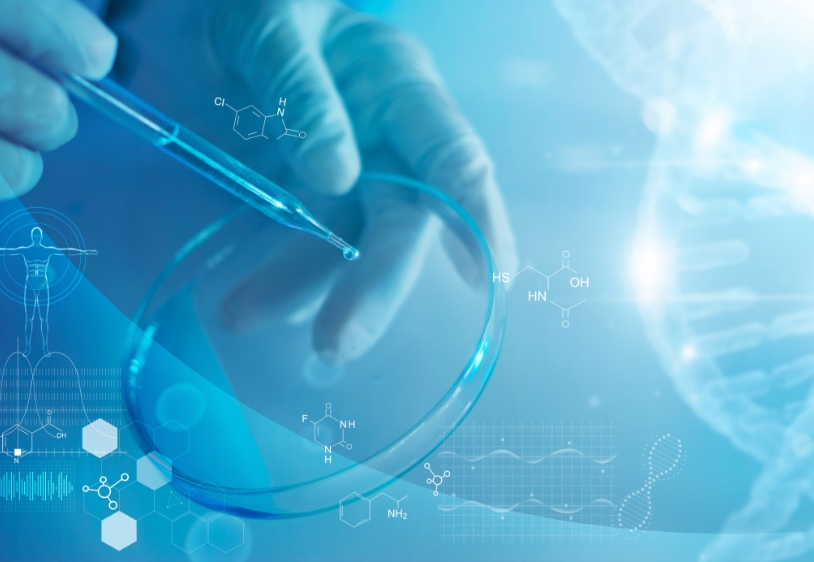Clinical Studies
Drugs and Treatment Approaches at the Clinical Research Phase

The University of Tokyo has published new results suggesting that nafamostat mesylate, the drug used to treat acute pancreatitis, can effectively block the necessary viral entry process that the new coronavirus (SARS-CoV-2) uses to cause and spread disease.
https://www.u-tokyo.ac.jp/focus/en/articles/z0508_00083.htmlThe World Health Organization has launched a global trial for coronavirus treatment of the four most promising drugs (remdesivir, chloroquine and hydroxychloroquine, ritonavir / lopinavir, ritonavir / lopinavir and interferon-beta).
https://www.sciencemag.org/news/2020/03/who-launches-global-megatrial-four-most-promising-coronavirus-treatmentsIn an article submitted to Cell journal by Karolinska University and its stakeholders, it has been shown that the soluble recombinant human ACE2 receptor reduces the replication of the SARS-CoV-2 virus in in vitro cells, human kidney organoids and human blood vessel organoids 1.000-5.000 fold. The soluble recombinant human ACE2 protein, proposed as a means of reducing early virus infection, has not yet been tested in lung tissue.
https://www.cell.com/pb-assets/products/coronavirus/CELL_CELL-D-20-00739.pdfUS President Donald Trump has touted Chloroquine as a treatment, but scientists are still not sure it is effective in patients. A number of clinical studies need to be done. If chlorokinin is shown to be effective against SARS-CoV-2, the mechanism of the drug will not be by the mechanism by which it functions against malaria. Because malaria is not caused by a virus, but by a microparasite in the genus Plasmodium. Chloroquine makes it toxic for the parasite’s host to digest their hemoglobin.
https://www.the-scientist.com/news-opinion/is-hype-over-chloroquine-as-a-potential-covid-19-therapy-justified--67301It is advocated that human serum, which is recovered and is rapidly available when there are enough people who can donate serum containing immunoglobulins, is an option for the prevention and treatment of Covid-19 disease.
https://www.jci.org/articles/view/138003It is reasonable to investigate the possible effect of chloroquine / hydroxychloroquine against SARS-CoV-2, which was previously described as a potent inhibitor of most coronaviruses, including SARS-CoV-1. In this article, possible chloroquine interference mechanisms with the SARS-CoV-2 replication cycle were evaluated.
https://www.sciencedirect.com/science/article/pii/S0924857920300881



